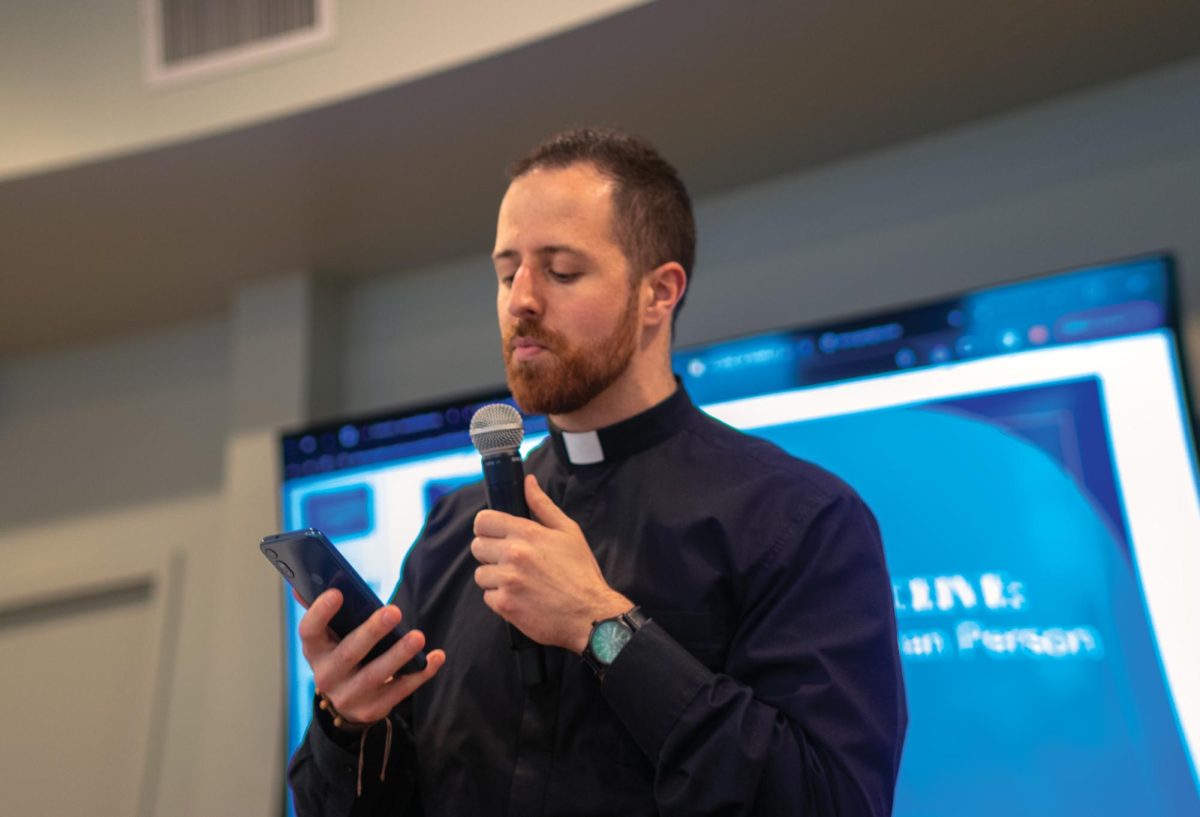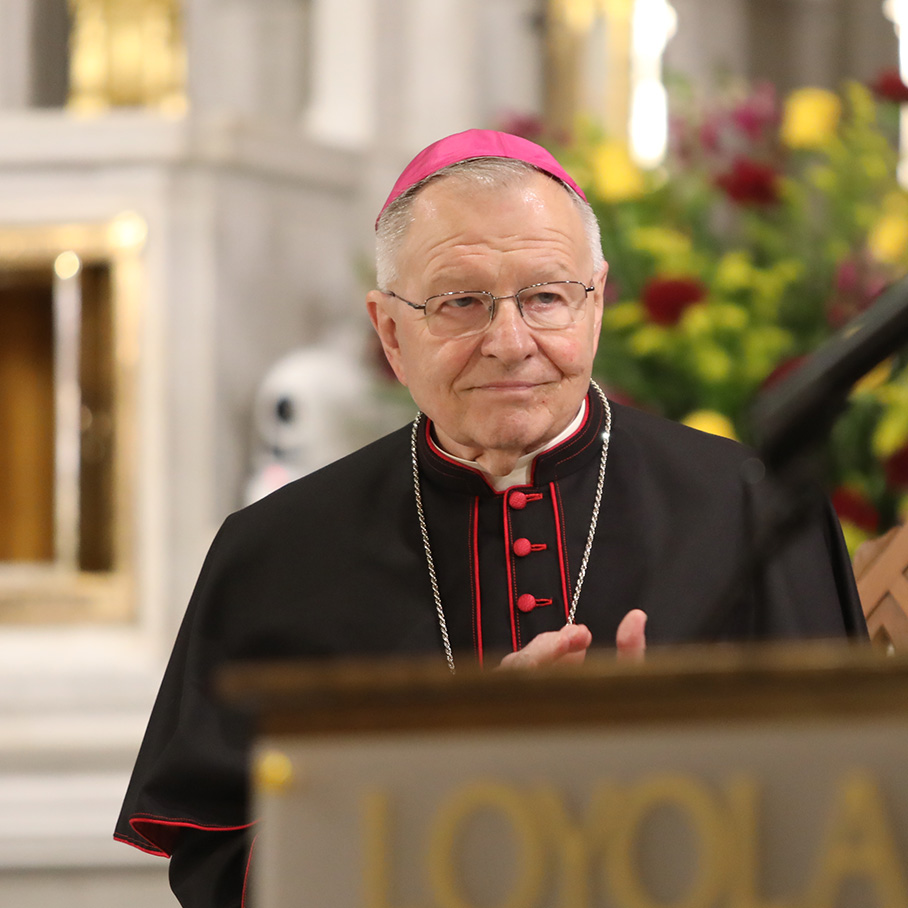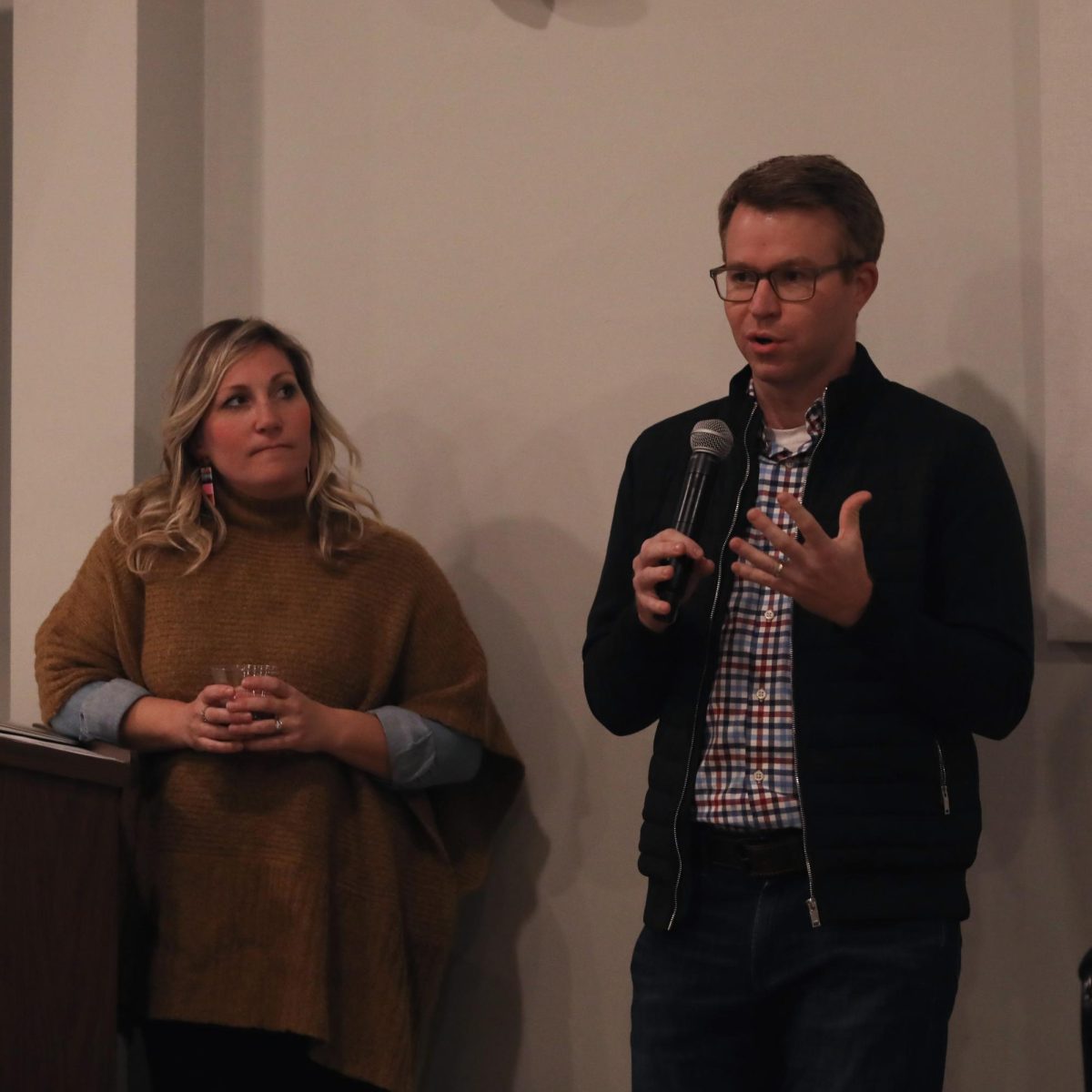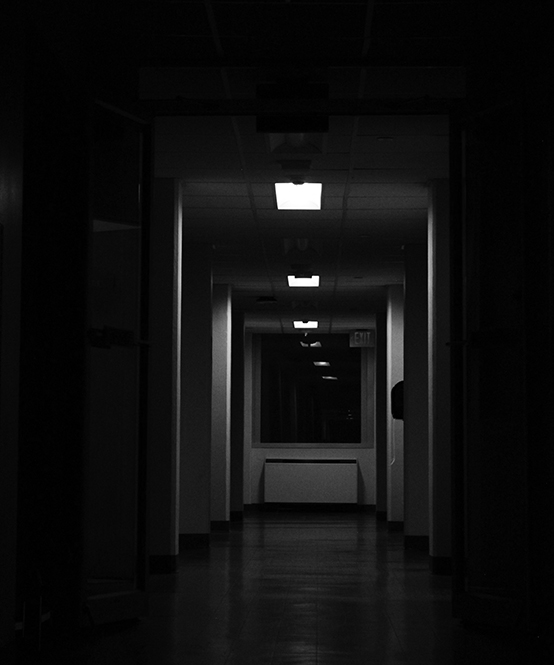What types of music are appropriate for worship? Many people have firm opinions on the subject, and the new Roman Catholic Missal may lead to a further wave of debate. The developments of the Second Vatican Council have been blamed for, or credited with, an influx of “guitar Masses” and other popular styles into sacred music, but such influences are in fact nothing new.
Martin Luther is often quoted as having asked, “Why should the devil have all the good tunes?” There’s no evidence Luther actually said those words, but he did seem to believe the idea behind them. Lutheran chorales are full of melodies that began life as Latin chants or even secular songs, and many of those tunes have become well-beloved hymns in all Christian denominations. The goal for Luther, as for so many others, was to lead worshippers to devotion, by any means available.
Luther’s Roman Catholic contemporaries rejected this approach, poking fun at music that they considered more suited to dancing than worship. They saw the role of sacred music not so much to reach out to congregations as to transport them toward the divine, through the use of musical styles that were not popular but universal.
These same poles and the gray areas between them are present in many current discussions of sacred music. All sides of such debates implicitly acknowledge that music has power beyond its words. This is a belief that goes back to ancient times and is common to many cultures: From David to Orpheus to the ragas of India, music is credited with healing the sick and otherwise affecting the natural world. St. Augustine spoke emotionally in his “Confessions” of the effect of music both to enhance the message of its words and to distract from that message.
This notion of music’s power is part of why the stakes seem so high: It’s not just a matter of taste, or even of what kind of offering we choose to make to God. If music can change us, and the world around us, is any kind of music suitable for worship, from Gregorian chant to metal? Who decides? There’s no easy answer, but the question turns out to be more important than we might have thought.
Alice Clark is a professor of music history and can be reached at [email protected]














